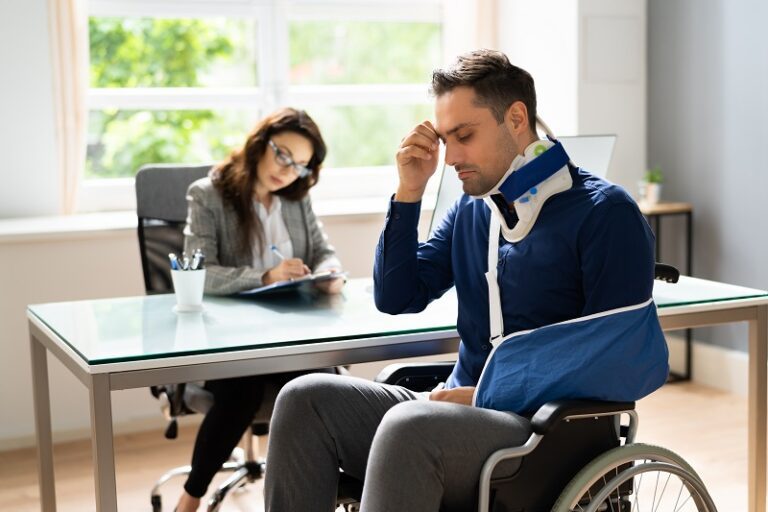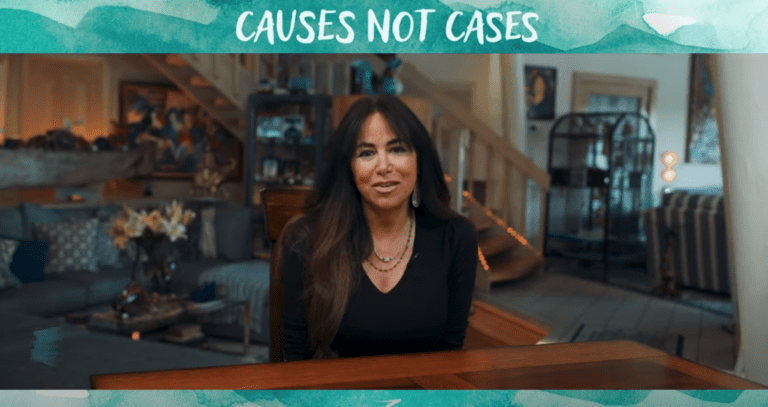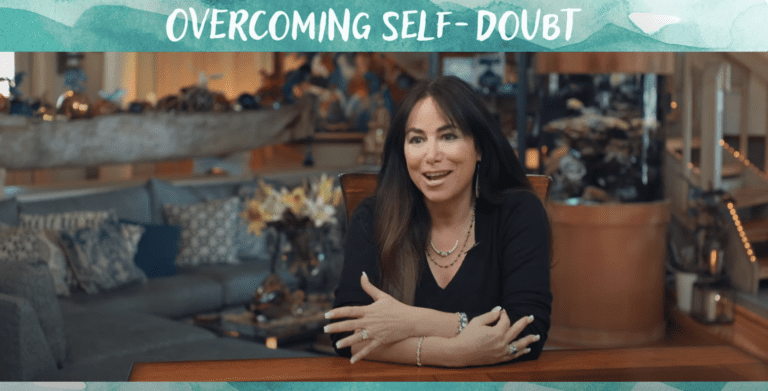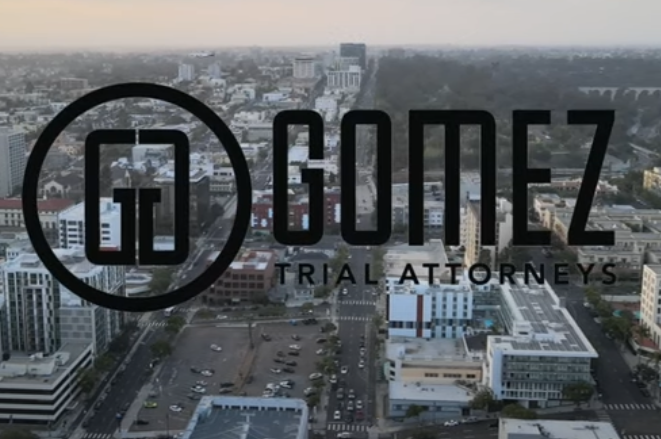 There’s no easy way to answer a question about how long concussion symptoms will last. The initial signs of a concussion may occur close-in-time to the concussion itself and disappear soon after or linger for days, months, or even years. Injury severity is one of many factors that can influence how long symptoms will last.
There’s no easy way to answer a question about how long concussion symptoms will last. The initial signs of a concussion may occur close-in-time to the concussion itself and disappear soon after or linger for days, months, or even years. Injury severity is one of many factors that can influence how long symptoms will last.
Some other symptoms of a concussion are known to be secondary. Doctors know that many people regularly experience some headaches, for example, for days or weeks after a concussion.
Some people only have to live with the symptoms of a concussion for a few minutes or hours. Some people live with symptoms brought on by their concussions for years. There’s no right or wrong way for symptoms to present themselves.
At the end of the day, the best way to determine the severity and necessary treatment for your concussion is to consult with a medical professional.
[lwptoc]
About Concussions
Concussions are one of many forms of traumatic brain injury (TBI). While they may cause a wide variety of symptoms, they can always be traced back to the same initial problem: a short disruption of normal brain function.
TBIs are quite common and can have very serious consequences. Here are some statistics about TBIs:
- Roughly 2.5 million people suffer a TBI every year.
- About 50,000 of them die due to their injuries.
- About 100,000 people every year face permanent disabilities due to brain injuries.
- Twenty times as many people are hospitalized for TBI each year than for spinal cord injuries.
Concussions and Long-Term Complications: What You Should Know
Some concussion survivors live with long-term complications as a result of their brain injuries. There’s never a guarantee that someone will or will not experience long-term complications after a concussion. The best way to improve the odds of avoiding long-term complications following a concussion is to pursue immediate medical treatment.
Sometimes, this may help someone avoid lifelong symptoms after a concussion. But for others, long-term symptoms are unavoidable.
Some examples of long-term complications frequently associated with concussions include problems with:
- Memory
- Judgment
- Concentration
- Coordination
- Balance
- Sleeping
- Irritability
- Personality changes
- Depression
- Headaches
Many people talk about sustaining a concussion and their experience immediately afterward, but not everyone understands that life after a concussion can look very different than life before the concussion. Many concussion survivors don’t talk about the experience of living beyond their accidents; in some cases, they may even face cognitive disabilities or physical limitations due to their injuries.
Someone Has Suffered a Concussion—What Should They Do?
- See a doctor. Make sure you get the medical advice you need to recover as fully and quickly as possible.
- Rest: Rest allows the body to heal; after a medical professional has cleared the concussion victim to sleep, they can even try to catch some Zs.
- Minimize fast, sharp movements: Concussions are caused by jolting movement; there’s no need to increase the risk of more damage to the brain immediately after the injury.
Do Not
- Do anything that could cause more damage to the brain: Some activities increase the potential for more harm to the brain; if something presents a risk for a head injury, it’s best to avoid it.
- Drive: It’s important that a person who may have suffered a concussion refrain from driving, because driving while they may be experiencing concussion symptoms places them and everyone around them at risk. They should wait to receive a doctor’s clearance to drive.
- Stop taking medication: A concussion victim should not automatically stop taking any medication just because of the concussion unless a doctor tells the victim to stop taking medication. Of course, that’s a different story.
- Return to work before receiving a doctor’s clearance: If a concussion victim returns to work too early, they could slow their recovery. Depending on their job they might also put themselves or their coworkers at risk by coming back to work too soon.
- Watch TV or do anything else to stress the brain: Too much stress and mental activity is not good for the brain after a concussion.
Always follow a medical professional’s advice when it comes to your health. If you have questions about what activities you should or shouldn’t engage in after a concussion, call your doctor for help.
Concussion Symptoms: What’s Normal?
Only medical experts can help someone determine whether their concussion symptoms are normal. If you have questions about how long your symptoms might last, consult your physician to find out what you should expect.
Don’t forget: Concussion symptoms can vary a lot in severity. And the length of time each person experiences symptoms can also look very different.
If you’re ever worried about your symptoms or feel like they’ve persisted for too long, don’t hesitate to contact a medical professional right away. At worst, they can give you some peace of mind; at best, your attention to detail and their response could save your life.
Some People Face an Increased Risk of Concussions
Athletes (Recreational and Professional)
Sports, and contact sports in particular, are environments in which players are at serious risk of suffering concussions. Think of a hockey or football team.
Those players are:
- At risk of sustaining multiple concussions during their time in the sport.
- At an elevated risk of permanent brain injuries.
- Likely to receive inadequate treatment at the time of the concussion.
Both professional and recreational athletes must understand the risks they face when they play. An increased risk of concussion shouldn’t preclude involvement in sports altogether, but it should help inform personal safety decisions.
Children
Children are more likely to suffer from concussions than most adults. Their individual cognitive development patterns can also make diagnosis and treatment difficult. These two facts place kids at an increased risk of long-term consequences due to concussions. Children are more likely to sustain a concussion and less likely to receive timely treatment than adults.
There are some symptoms that parents should look out for if they suspect their child may have suffered a concussion, including:
- Excessive crying.
- Sudden disinterest in favorite foods or activities.
- Out-of-character behavior.
- Irritability.
- Tiredness.
- Lack of balance.
- Odd eating or sleeping patterns.
Did you know that…
- Almost half a million kids are treated in emergency departments every year from traumatic brain injury, including concussion.
- 50 percent of brain injuries among kids are caused by falls.
- Over 170,000 kids and teens are treated in the emergency department every year for sports- or recreation-related traumatic brain injuries.
The Elderly
Older adults face an increased risk of concussions, too. Seniors are also more likely to suffer complications after a concussion. If you believe that a senior is at risk of a concussion or may have sustained one already, it’s important to act quickly to protect their health.
Some elderly individuals have pre-existing health conditions that make it difficult to determine whether a concussion may have occurred; this is one reason why medical professionals recommend that older adults see a doctor after every fall. Blood thinners create additional risks if a concussion does occur, and many older people take blood thinners.
Did You Know That You Can Suffer a Concussion Without Any Impact to Your Head?
It’s true, concussions don’t require a direct head impact. Even though concussions are caused by the victim’s brain moving around inside their skull, impact to the head does not actually need to happen to cause a concussion. Any bump, blow, or jolt can create enough force to cause a concussion. Some people receive concussions in tandem with seemingly “minor” injuries like whiplash.
Three More Common Myths About Concussions
Concussion recovery is easy.
- Sometimes recovering from a concussion is a relatively short experience; but often, it’s not easy to recover from a concussion. A person’s recovery time (and what it takes to recover) will likely look very different from another concussion survivor’s recovery time.
CT-scans and MRIs prove someone has sustained a concussion.
- Not always. When doctors can use diagnostic imaging to pinpoint signs of a concussion, those scans can be the key to saving someone’s life. But plenty of people who sustain concussions undergo diagnostic imaging and present no clear signs of a concussion, but still may experience serious symptoms.
People lose consciousness when they suffer concussions.
- Sometimes people do pass out when they get a concussion, but plenty of concussions do not involve the victim losing consciousness.
Concussions Can Occur Alongside Other Injuries, Too
Many people who experience concussions receive some other injuries in the same accident. Some examples of these include:
- Secondary concussions: If someone has already suffered a concussion, they can suffer a secondary concussion if their brain is shaken again before it can heal.
- Scalp wounds: Lacerations, bleeding, and even permanent tissue damage are possible.
- Closed injuries: Closed injuries occur inside of the head. Brain contusions, subdural hemorrhages, and hematomas are all examples of closed injuries; these and similar injuries can be fatal without medical attention.
Examples of Negligent Acts That May Lead to Concussions
The unfortunate truth is that someone can suffer a concussion in almost any circumstance. Even a small bump to the head has the potential to cause a person’s brain to move around inside of their skull.
We can trace many concussions back to a negligent, reckless, or deliberate act. Incidents like these may include:
- Vehicle accidents.
- Motorcycle accidents.
- Bicycle accidents.
- Pedestrian accidents.
- Slip and falls.
- Sports injuries.
- Workplace accidents.
- Violent assaults.
If you or someone you love suffered a concussion under one of the above circumstances, or you otherwise believe someone else was at fault for the injury, contact a brain injury attorney to learn more about whether you may be eligible to pursue compensation through a brain injury claim.
What Damages Are Recoverable In a Concussion Brain Injury Legal Case?
Every brain injury case is unique, and the damages the victim can seek depend on the facts of the case.
Some damages that concussion survivors frequently seek include:
- Medical bills: Past, present, and future medical bills brought on by a concussion may all be compensable. Emergency medical transport, custom equipment, specialized therapies, and many other services could also qualify.
- Pain and suffering: Some concussions cause an exceptional degree of pain and suffering, which is compensable through a brain injury lawsuit.
- Emotional anguish: Like pain and suffering, emotional anguish is experienced differently by each person, and can be compensable.
- Physical damages: If any personal property was damaged in the accident that caused the concussion, that loss can be included in a brain injury claim.
Brain Injury Lawyers Help Their Clients After Concussions
If you or someone you love has suffered a concussion, you can seek legal help from a qualified brain injury attorney. Brain injury lawyers work to help their clients prove their injury and pursue compensation.
Partnering with a brain injury lawyer to help with your concussion case means that you can count on your attorney to:
- Help you collect and document evidence related to your concussion.
- Help facilitate contact between legal, medical, insurance, and other entities.
- Relieve some of the pressure and the time commitments associated with preparing a claim on your own.
- Bring in industry experts (if needed) to help with your case.
When Is It Time to Talk to an Attorney?
Many people have questions about when it might be the right time to contact a brain injury attorney after a concussion.
We recommend that anyone who has suffered a brain injury speak with an attorney to protect their rights, but you should really consider finding a lawyer if:
- Your TBI occurred during an accident or was caused by someone else’s negligence or recklessness.
- You have faced significant financial loss as a result of your concussion.
- Your concussion has impacted your ability to perform daily tasks.
- You have experienced physical pain and/or emotional suffering due to your concussion.







